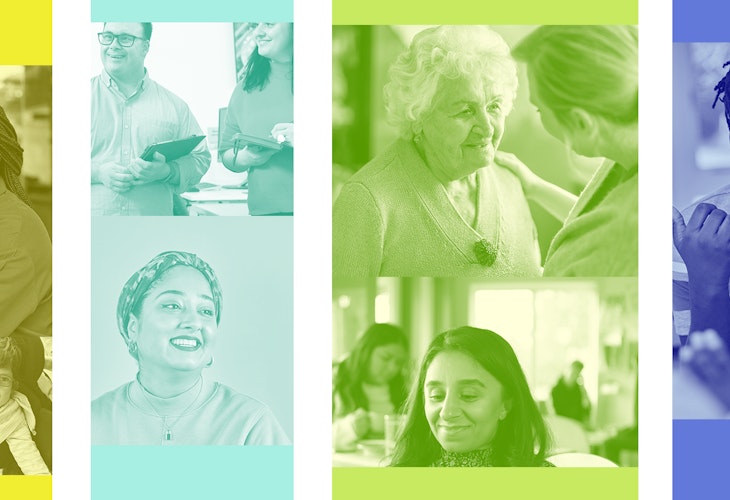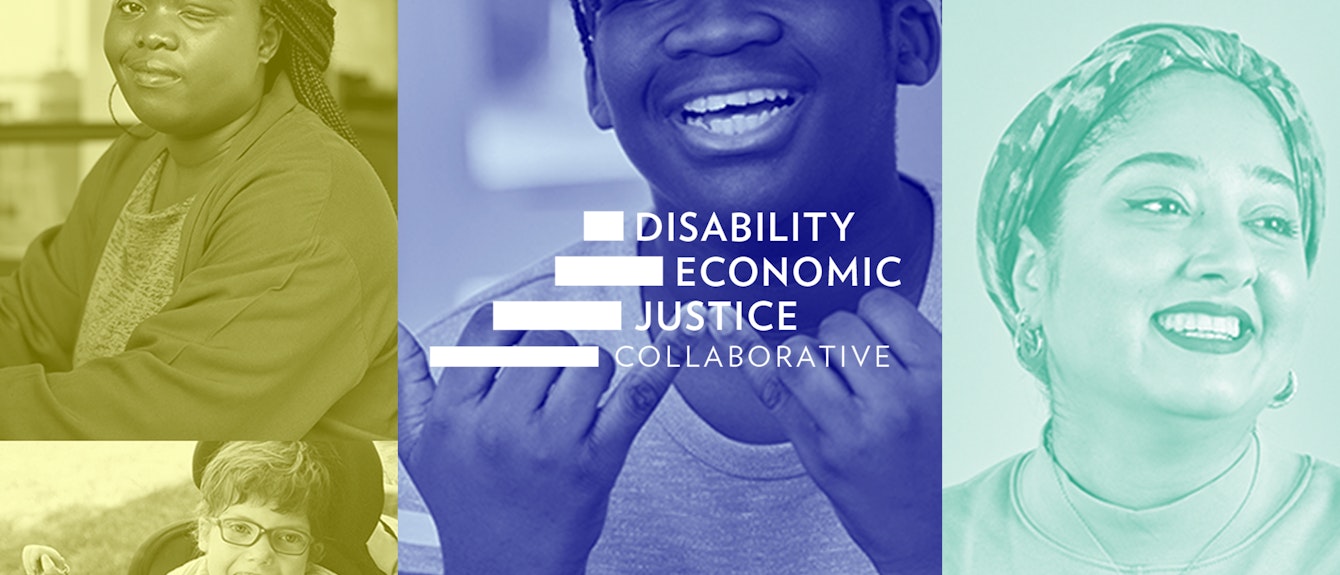
Disability Economic Justice Collaborative
The Disability Economic Justice Collaborative unites over 40 leading organizations to advance economic security and justice for people with disabilities by applying a disability lens to policy, addressing systemic barriers, and centering intersectional equity.
About the Collective
Launched in April 2022 by the Century Foundation’s Disability Economic Justice Team, the Disability Economic Justice Collaborative (DEJC) is a first-of-its-kind initiative bringing together more than forty leading disability rights and justice organizations, Washington, D.C. based think tanks, advocacy organizations, and top research and policy organizations committed to finally achieving economic security and justice for people with disabilities in the United States. Members meet monthly to learn from one another, work in partnership, and apply a disability lens across economic policy making. The Collaborative is committed to breaking the persistent link between disability and poverty in the United States; breaking down the systemic barriers to economic security and justice that are the “unfinished business” of the ADA; and to understanding how race, gender, LGBTQIA+ status, and other identities intersect in the lives of disabled people.
Vision
The vision of the Disability Economic Justice Collaborative is to achieve economic security and justice for disabled people in the United States. To accomplish this vision, the Collaborative brings together organizations that focus on economic policy issues with disability rights and justice organizations to jointly learn together and from one another to advance disability economic justice in the United States and center the voices and experiences of people with disabilities.
Mission
To advance disability economic justice in the United States by leveraging disability as a lens across economic and social policy making; centering the voices and perspectives of people with disabilities; and bringing together the disability rights, disability justice, and economic policy communities to mobilize research, education, advocacy, and civic engagement.
Achieving Disability Economic Justice
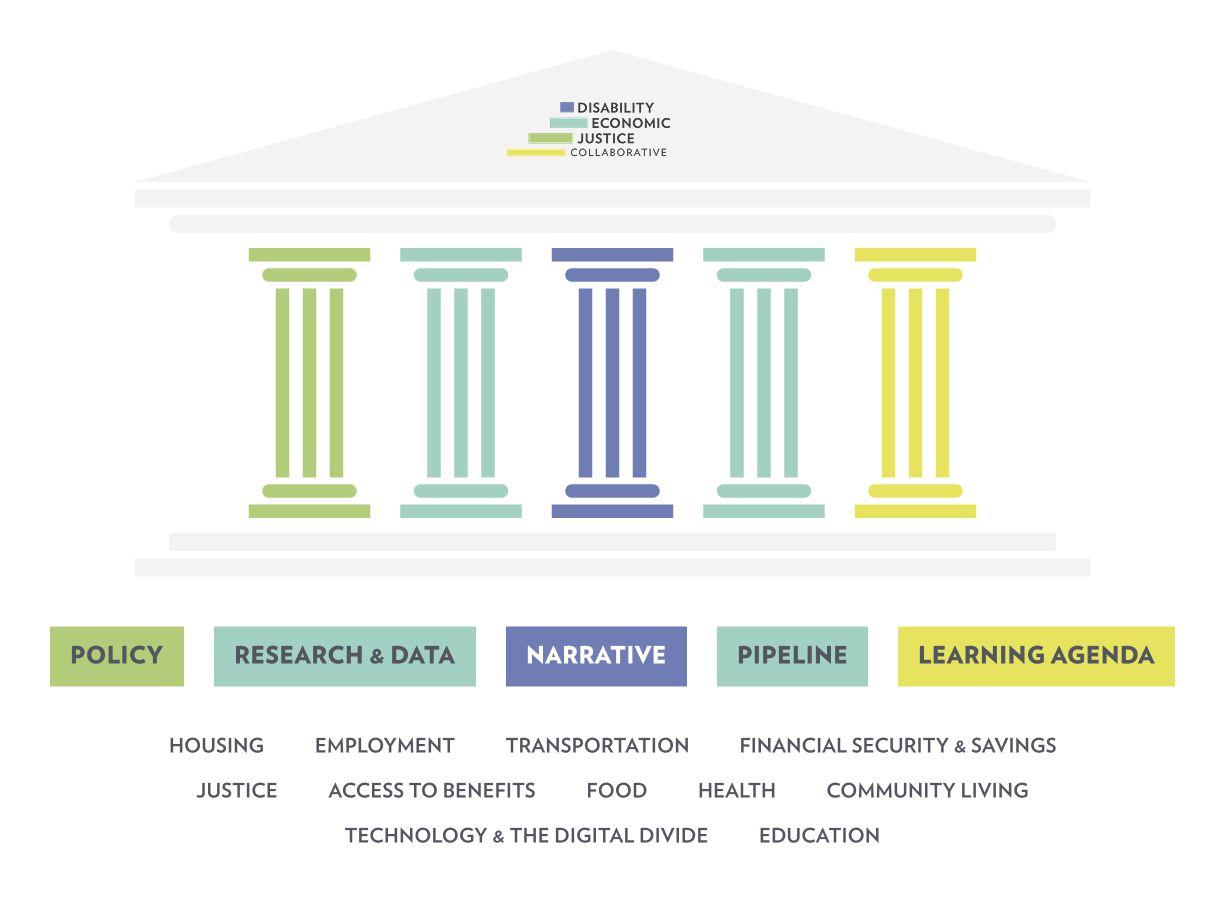
With 61 million, or 1 in 4 people in the United States, living with disabilities, every policy is a disability policy. Yet, disability policy is too often siloed, viewed as separate and apart from broader economic and social policymaking—and the disability community an afterthought, viewed as a community to check the box with at the end of the policy process rather than contemplate and center upfront. Done right, disability policy seeks to embed access, equity, and inclusion into all other policies at the forefront, creating policies that, at their heart, improve the lives of all people, including disabled people.
Through five key pillars of work, the Collaborative will advance short-term and long-term goals with the ultimate mission of advancing disability economic justice by leveraging disability as a lens across economic and social policy making and bringing together the disability rights, disability justice, and economic policy communities to mobilize research, education, advocacy, and civic engagement. This work will center the voices of disabled individuals in the economic debate, ensure political and elected leaders embrace disability as part of the public debate and as a powerful voting bloc, and build disability representation within the halls of power. Together, as organizations coming from a range of starting places on disability and economic policy, we will change how disability and economic policy are made and implemented in the United States.
A First-of-Its-Kind
Watch the virtual launch event featuring members of the Collaborative and remarks from Secretary Julian Castro, Representative Ayanna Pressley, and other leaders across the disability justice movement.
The Collaborative
The Collaborative is a collection of leading disability rights and justice* organizations, Washington, D.C. based think tanks, advocacy organizations, and top research and policy organizations dedicated to bringing a disability lens across the entire economic agenda. The member organizations will work in partnership and learn together to drive forward disability economic justice.
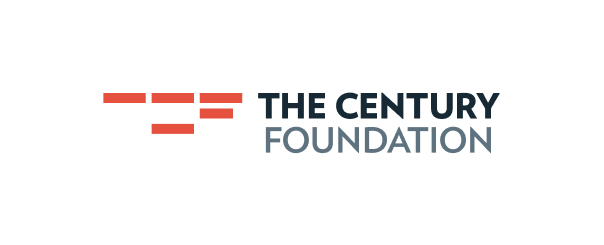 |
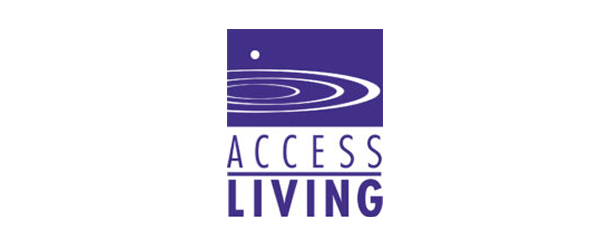 |
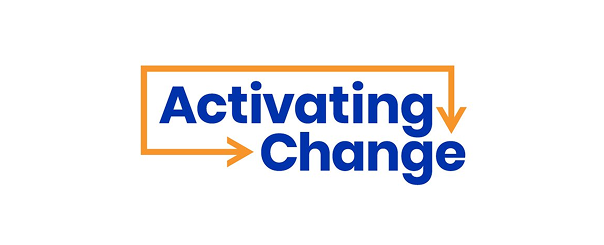 |
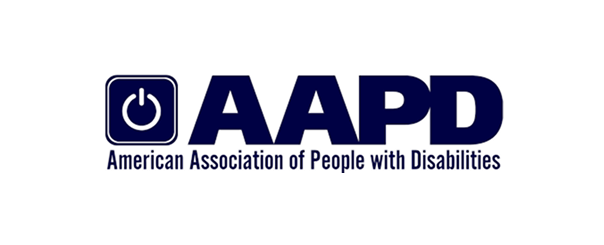 |
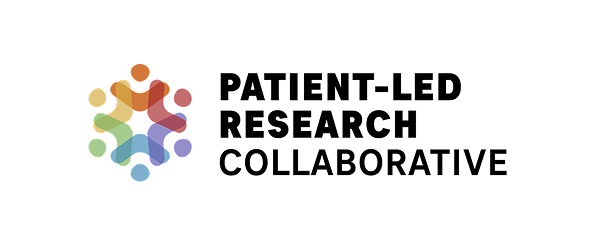 |
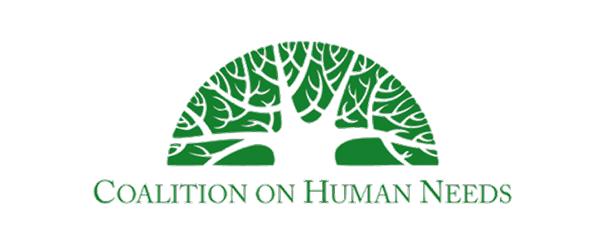 |
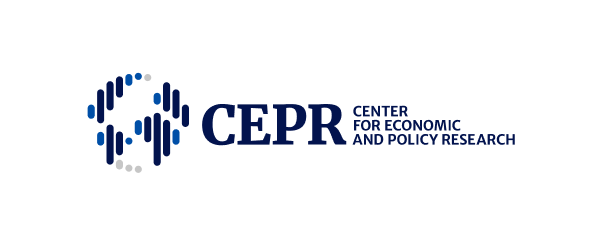 |
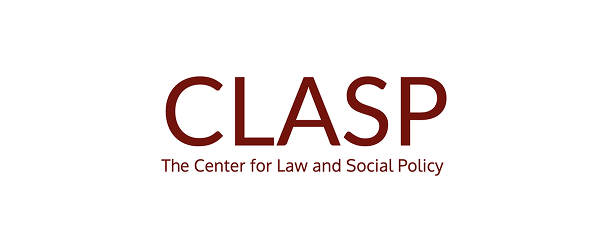 |
 |
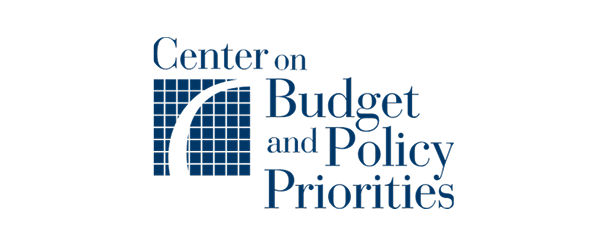 |
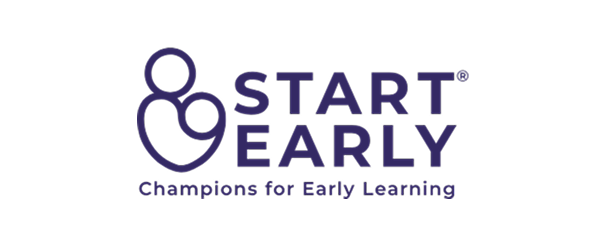 |
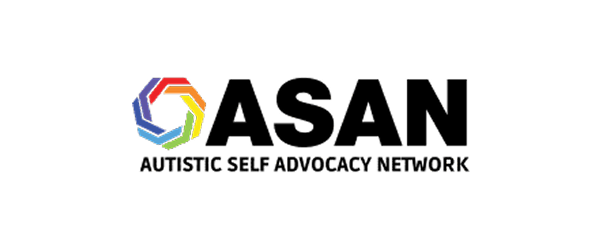 |
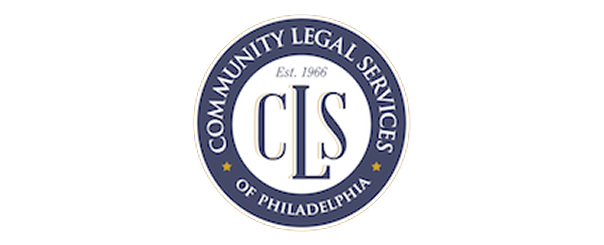 |
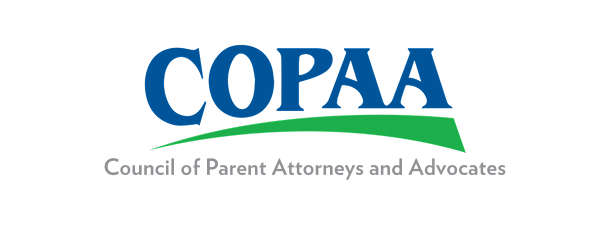 |
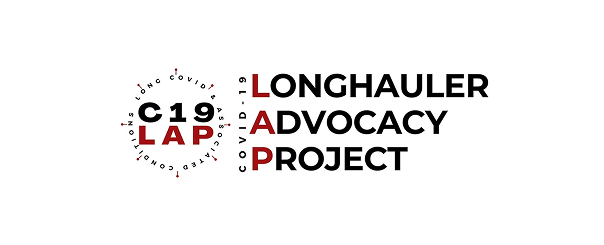 |
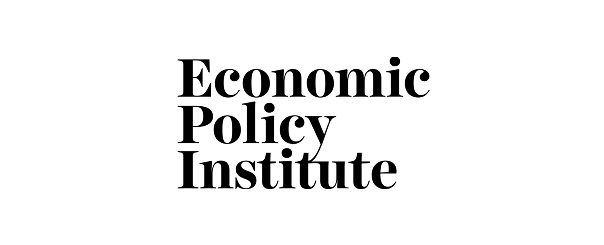 |
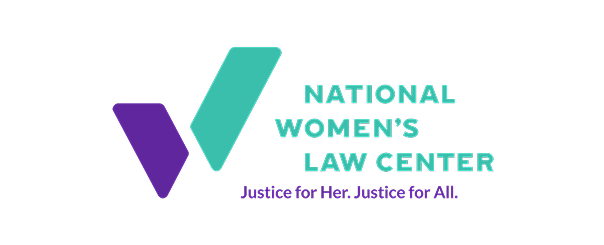 |
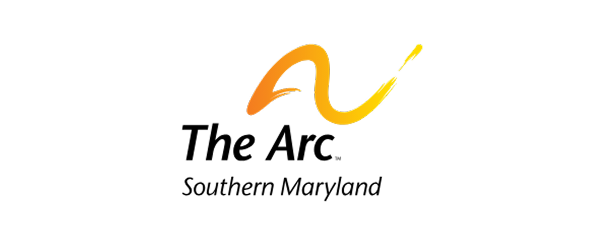 |
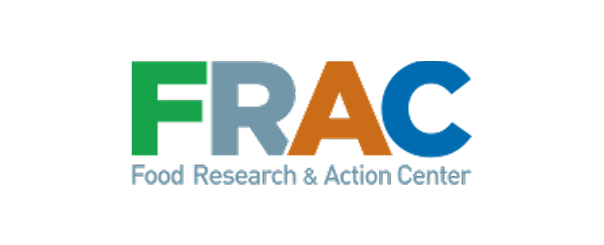 |
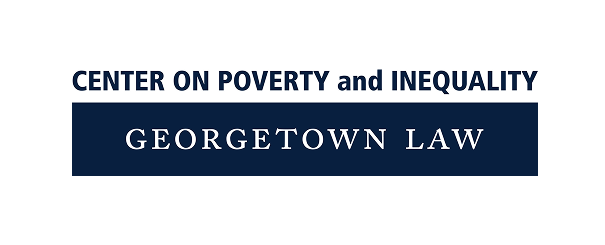 |
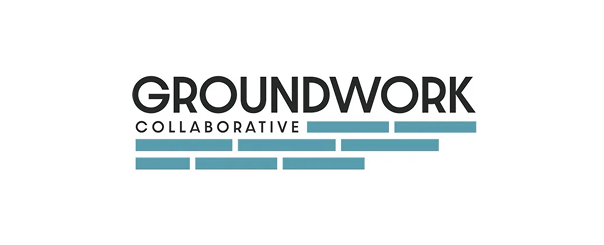 |
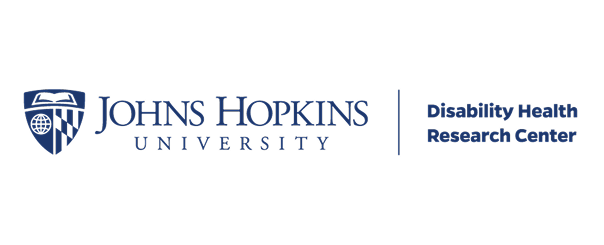 |
 |
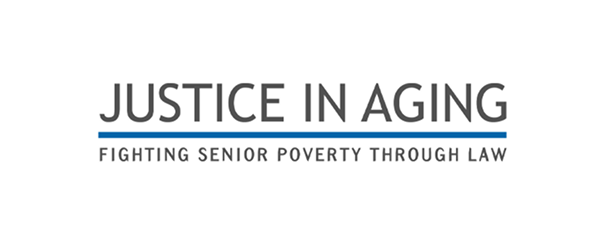 |
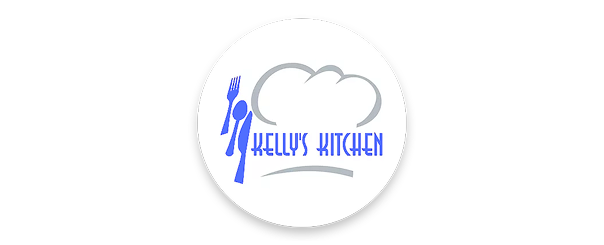 |
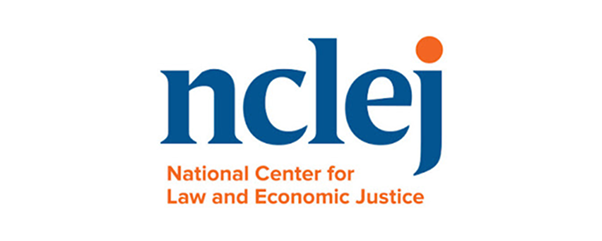 |
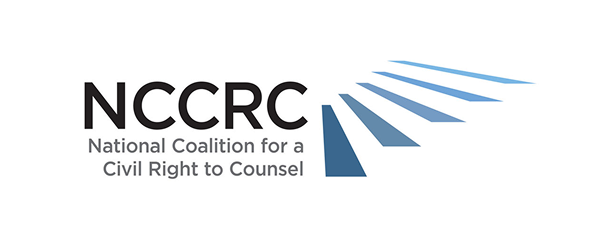 |
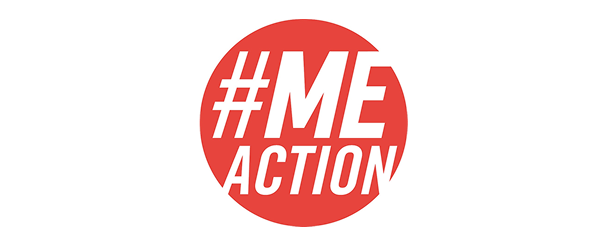 |
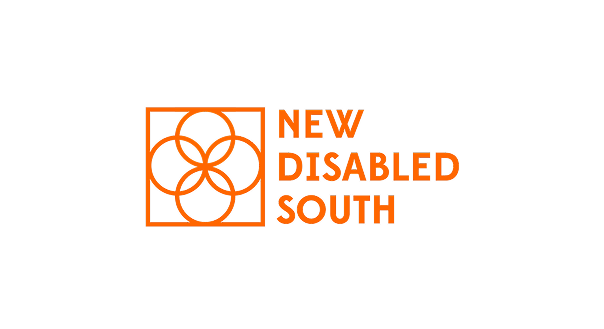 |
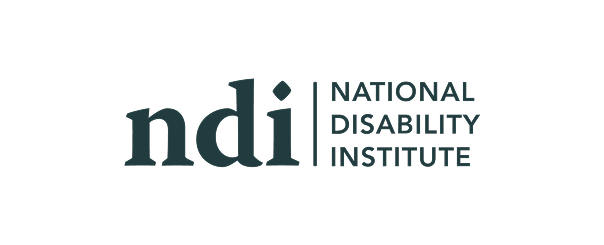 |
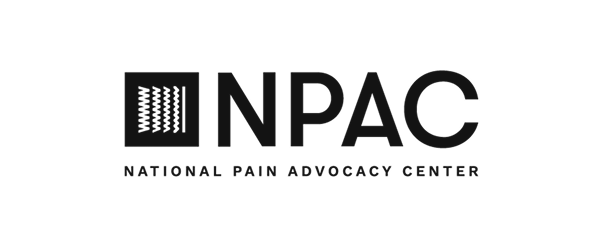 |
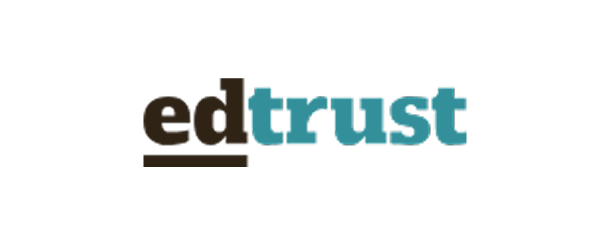 |
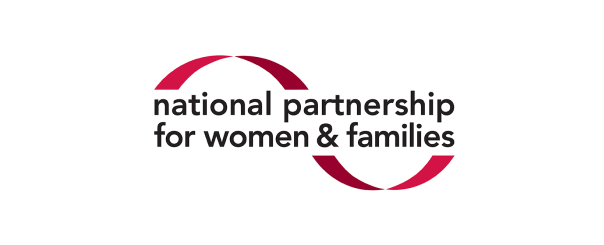 |
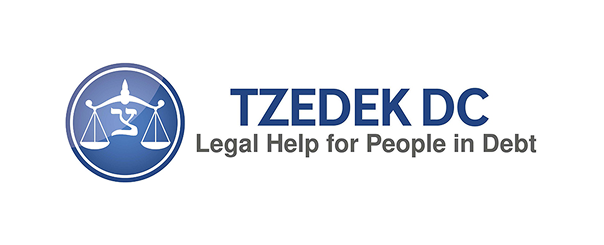 |
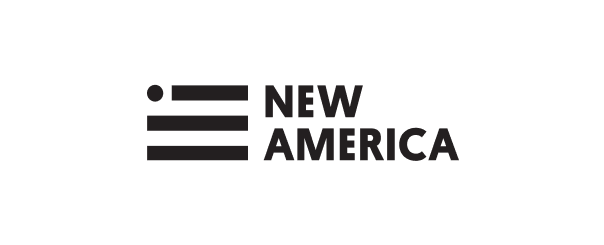 |
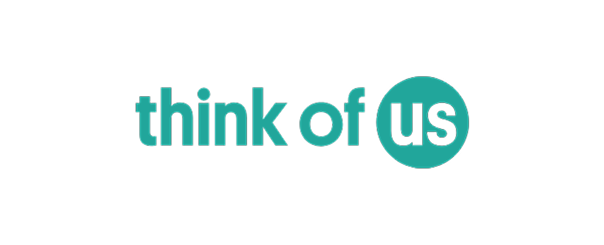 |
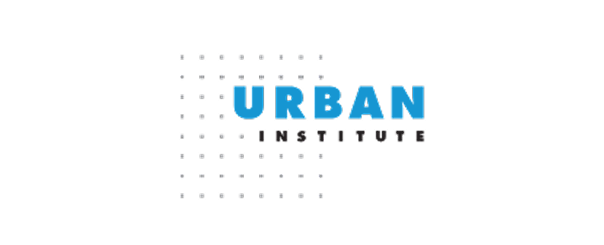 |
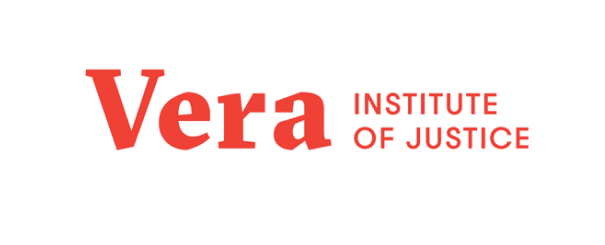 |
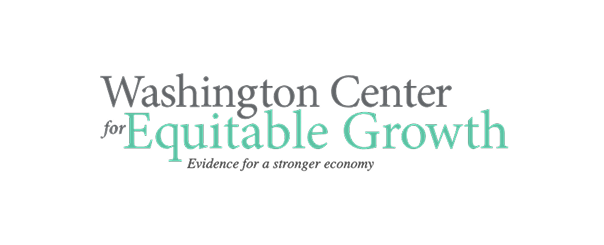 |
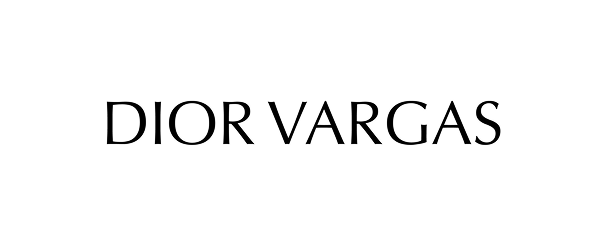 |
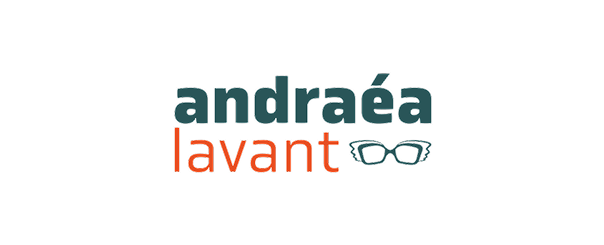 |
| *While the two terms are often used interchangeably, and while some organizations utilize complementary elements of both frameworks, disability rights and disability justice are distinct frameworks. Disability justice intentionally centers intersectionality and the experiences and perspectives of historically marginalized people, such as disabled people of color, women, immigrants, and LGBTQIA+ people. For a detailed discussion of disability justice, read Patty Berne and Sins Invalid’s 10 principles of disability justice at https://www.sinsinvalid.org/blog/disability-justice-a-working-draft-by-patty-berne. The Disability Economic Justice Collaborative posits a third, complementary framework we call “disability economic justice,” which we define and provide a draft framework for as part of the policy pillar of this Strategic Plan. Whereas economic justice aims to create opportunities for every person to have a dignified, productive, and creative life in a way that cannot be measured in dollars and cents, disability economic justice centers the perspectives and experiences of disabled people—and especially multiply-marginalized disabled people—to create a society in which all disabled people have access to such opportunities, for we will never achieve true economic justice if people with disabilities are left behind. |
Sign Up for The Collab Newsletter
Whether you’re on the Hill, an advocate, a card-carrying #DisCo (Disability Community) member, or simply interested in disability rights and economic equality, then this is for you.
For questions or press, contact [email protected] or [email protected].
